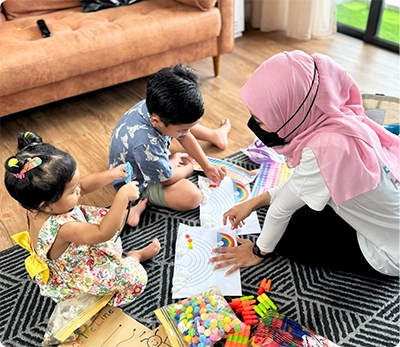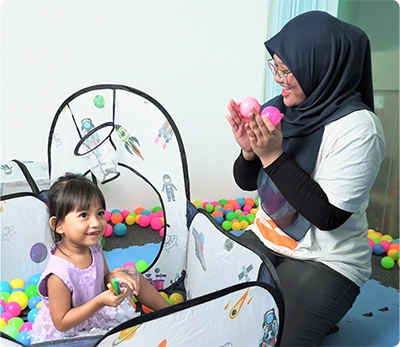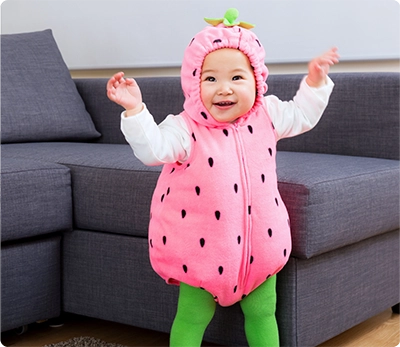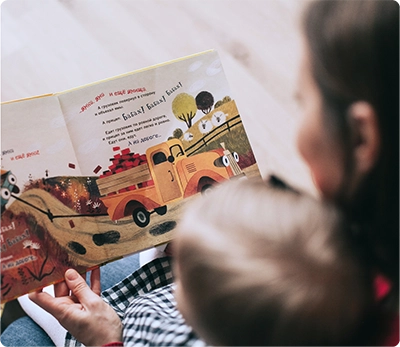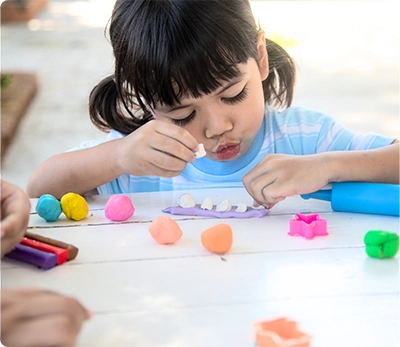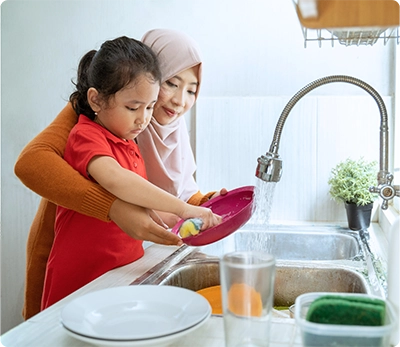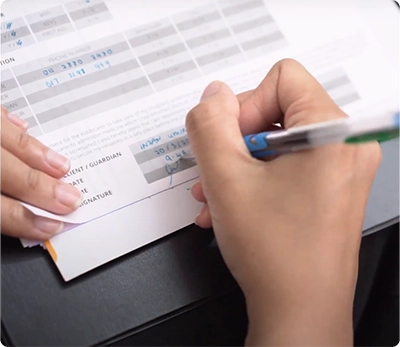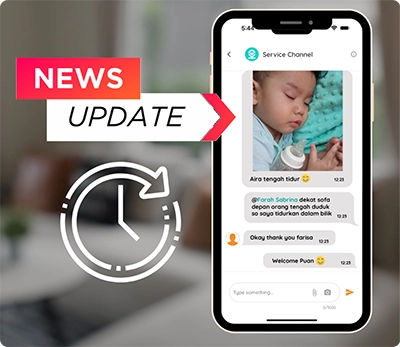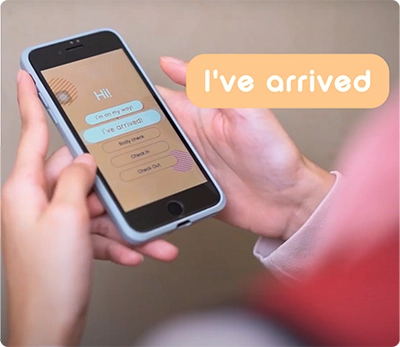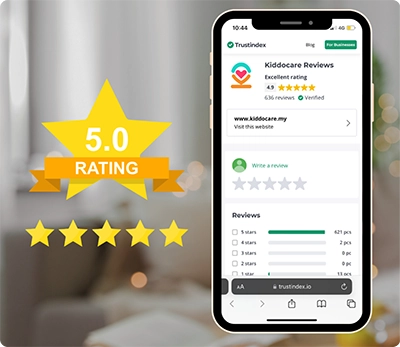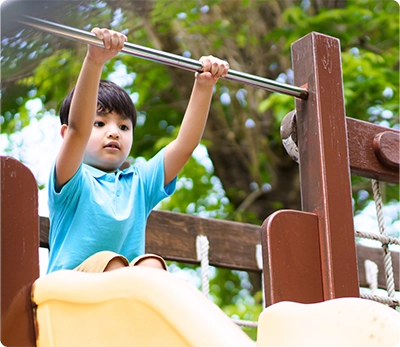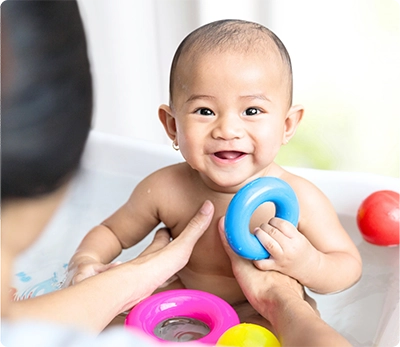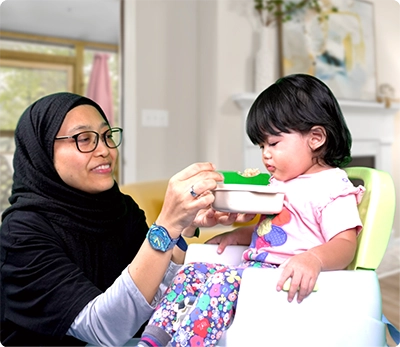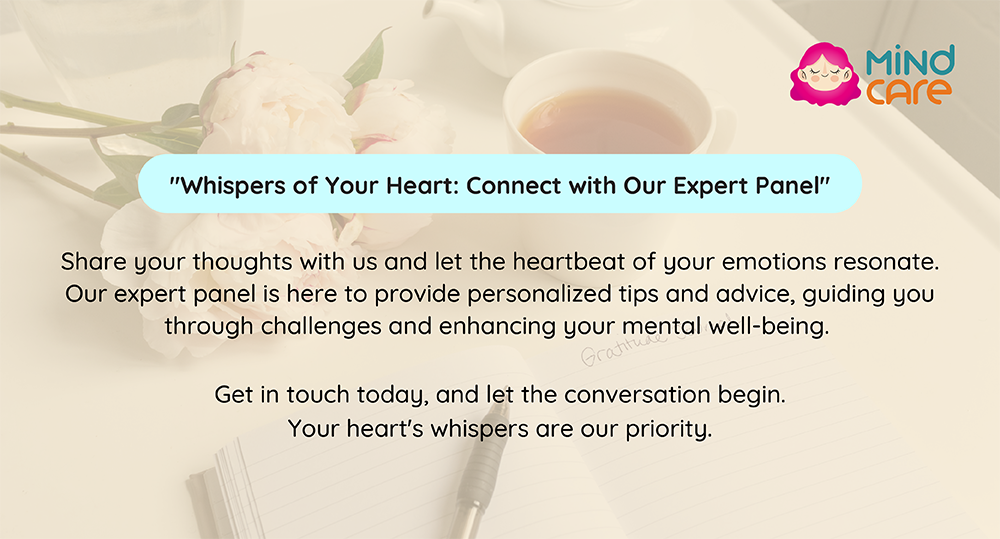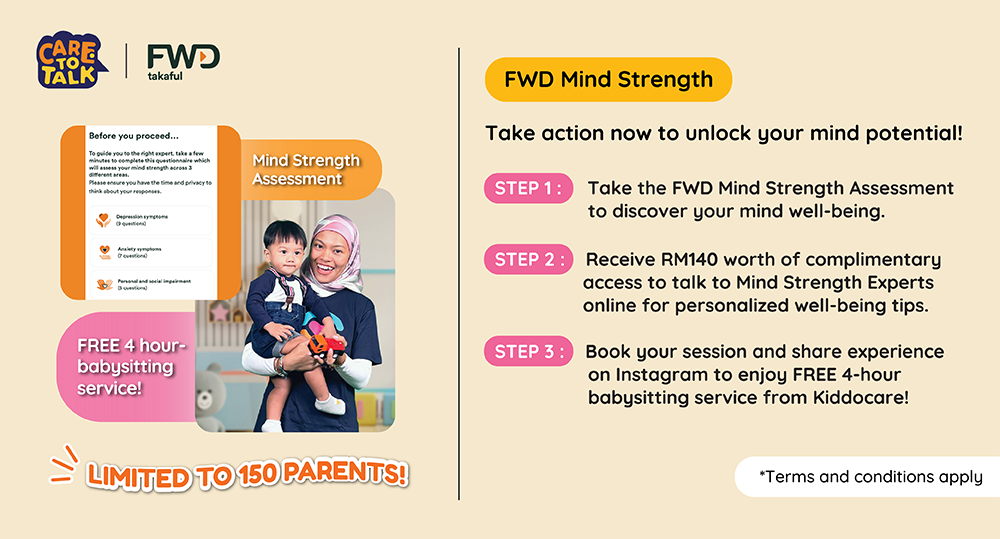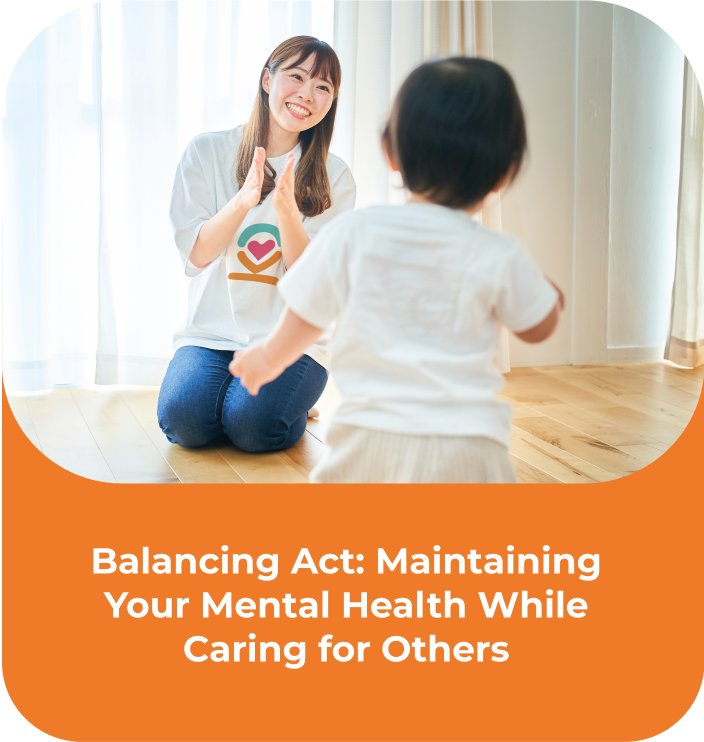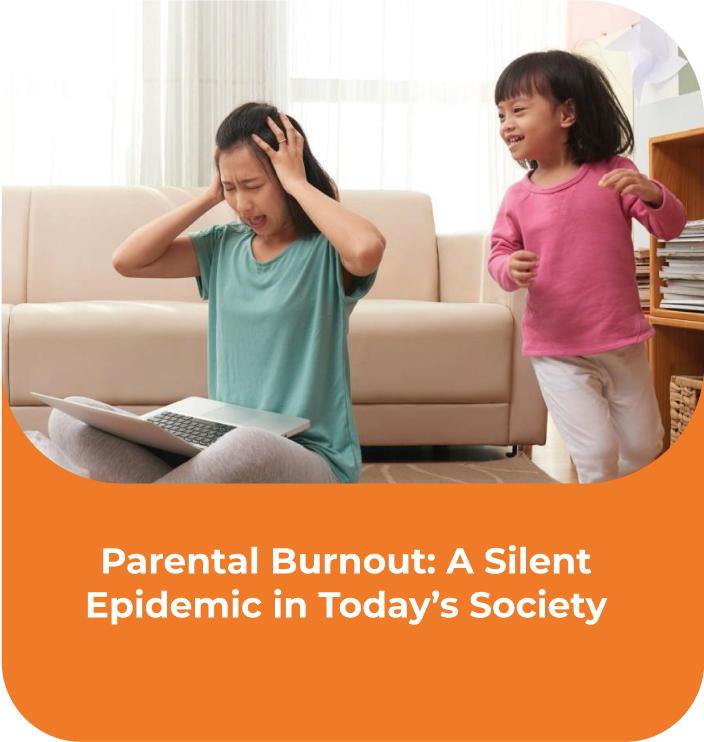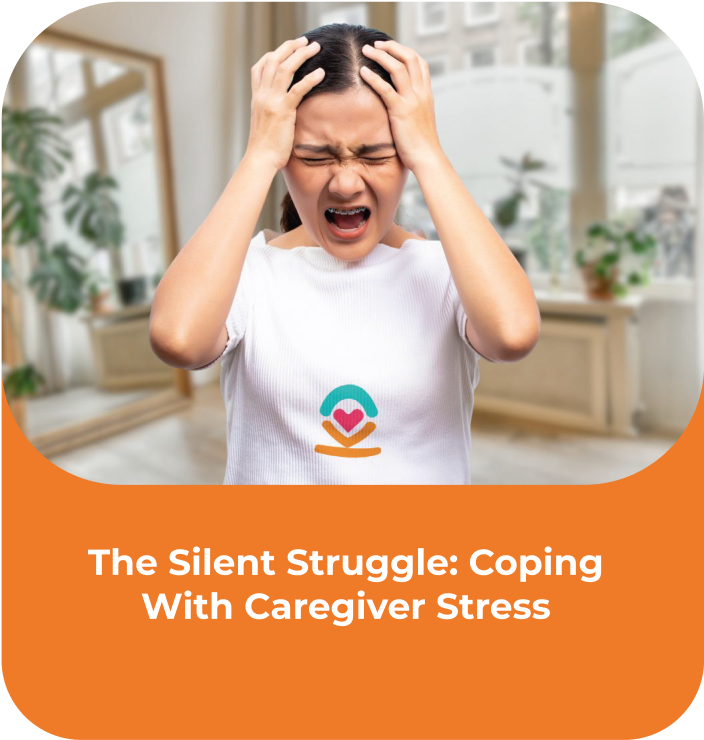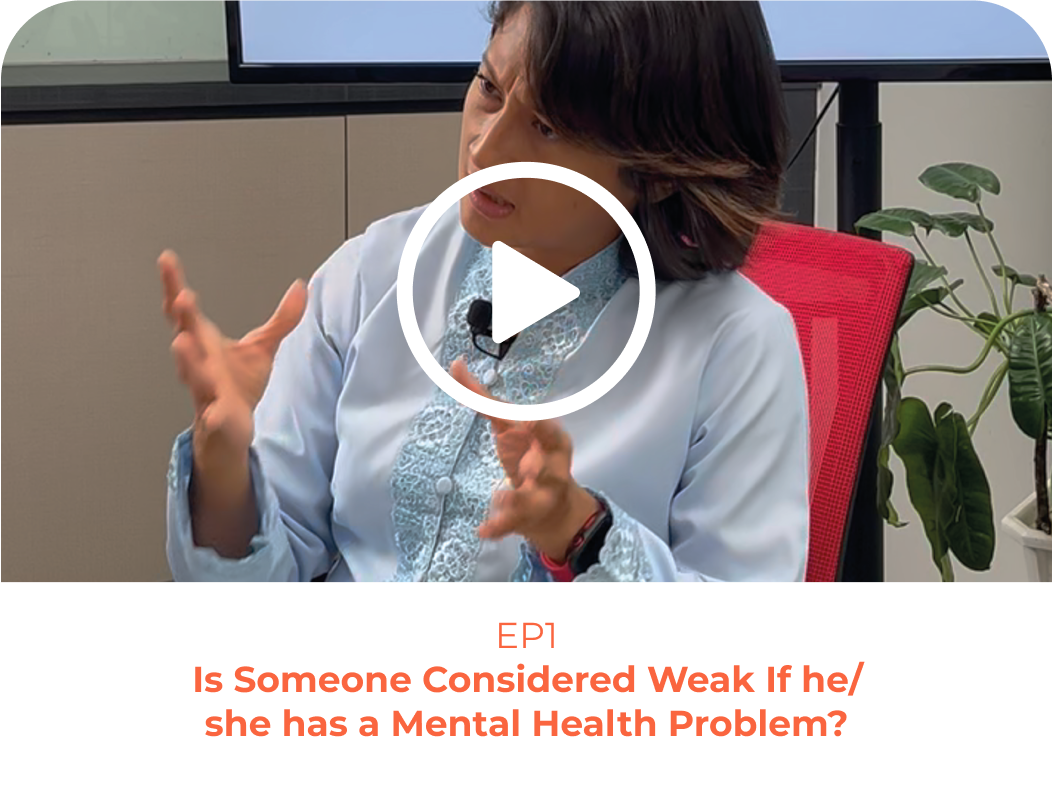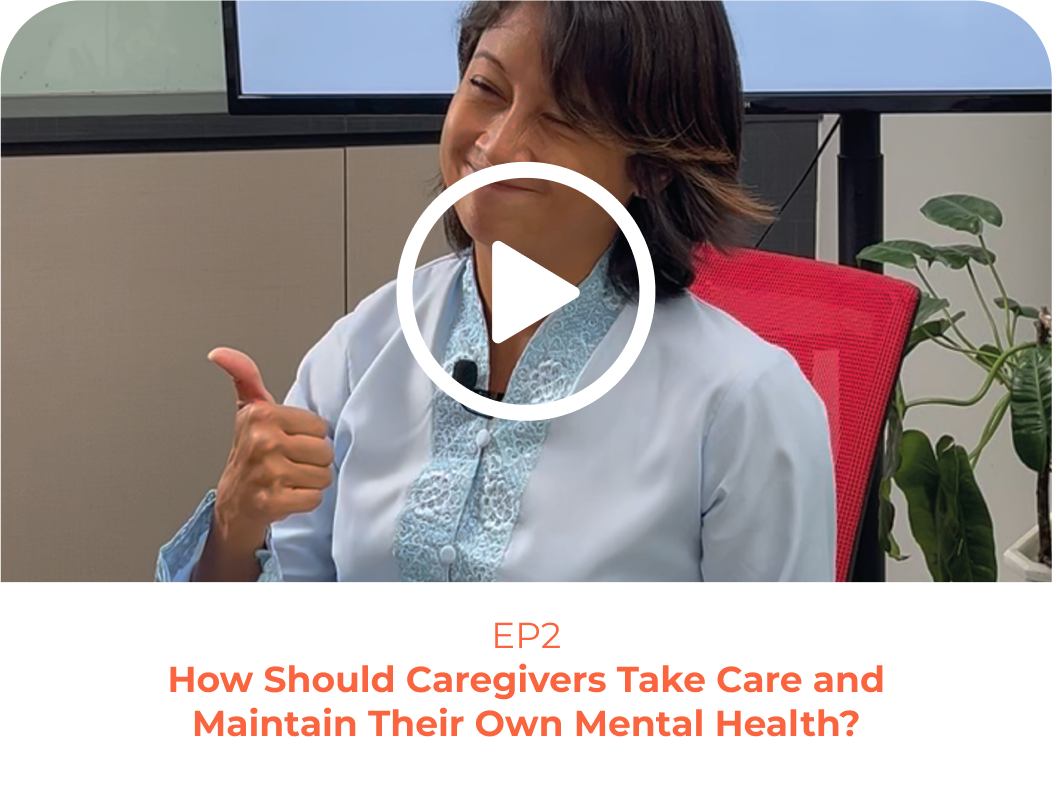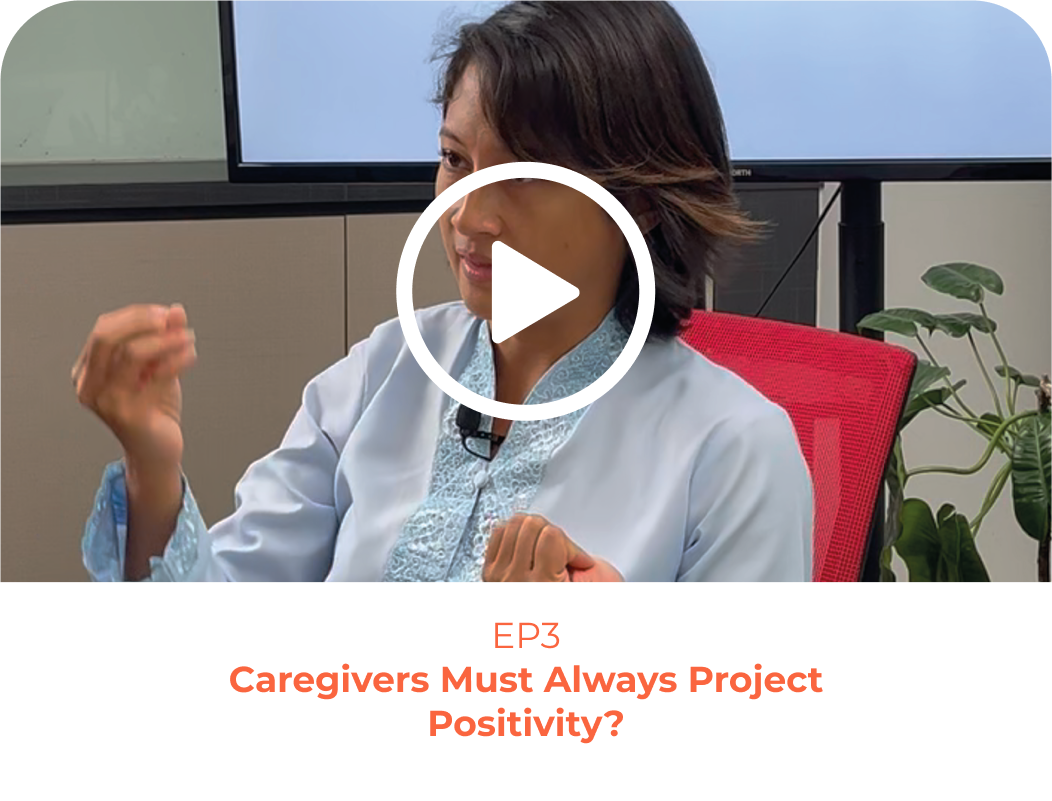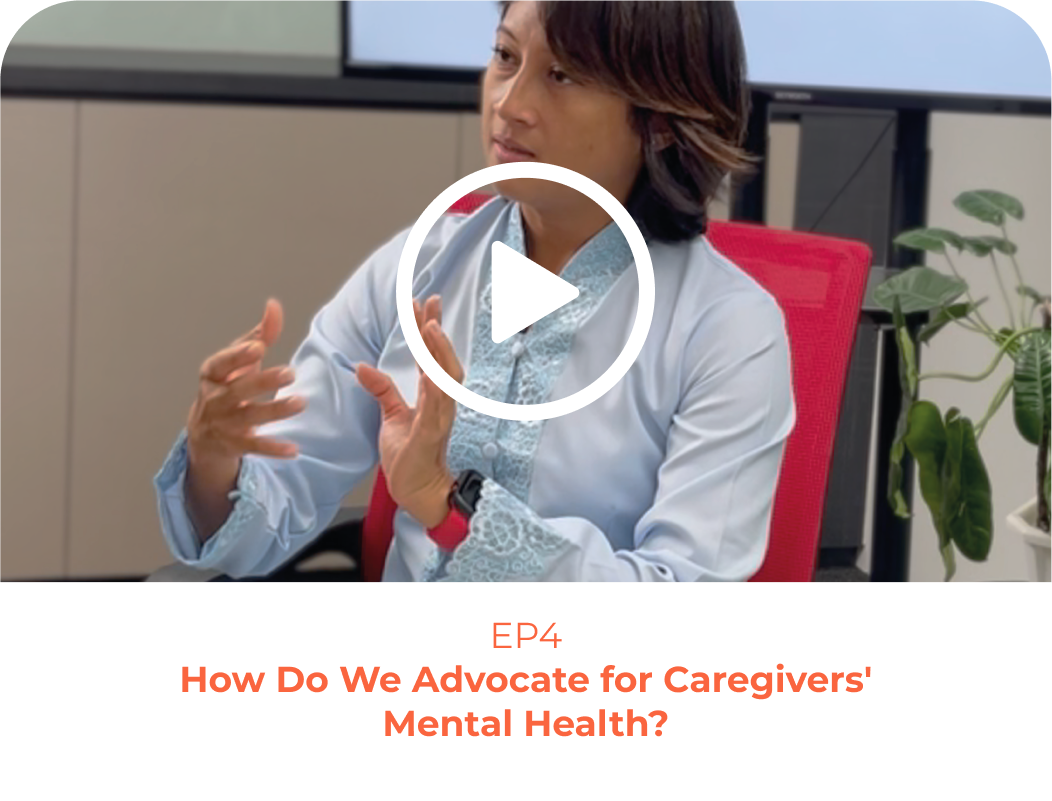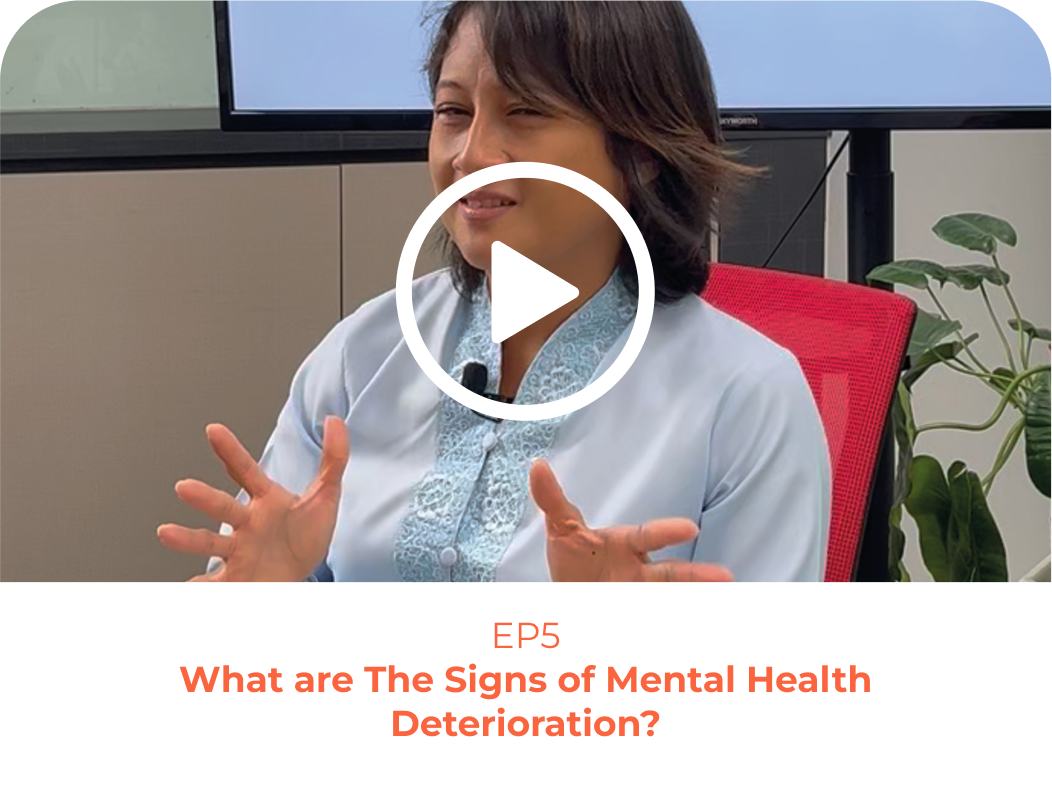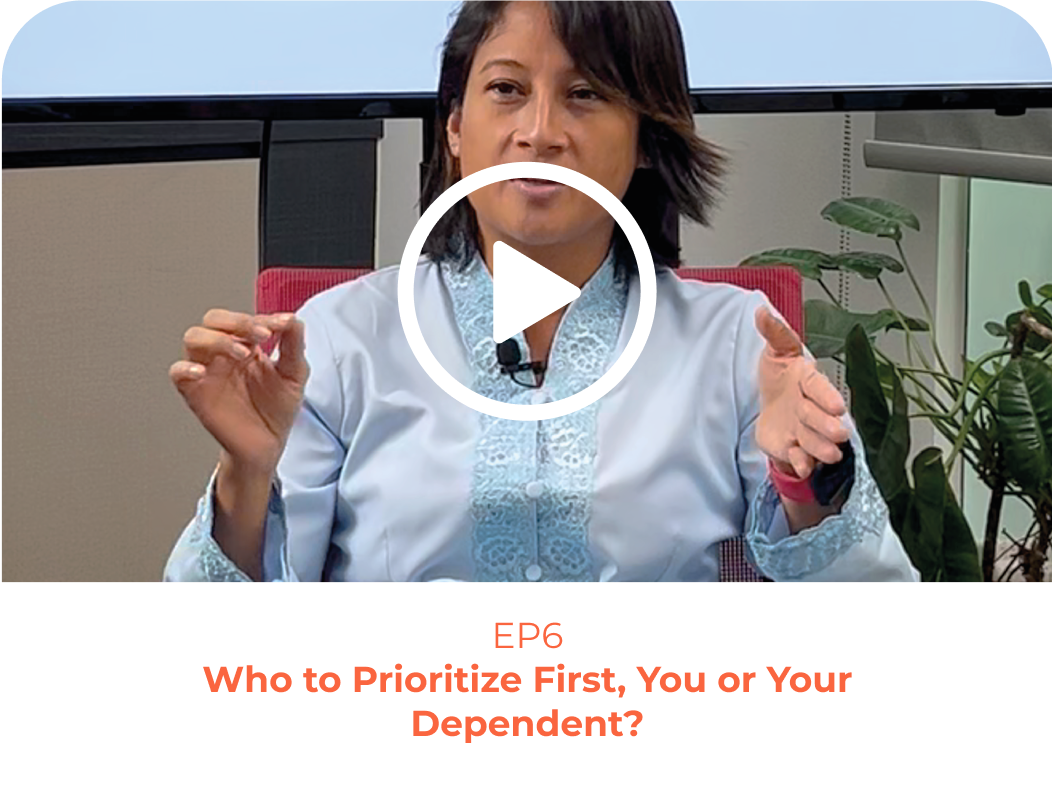The Silent Struggle: Coping With Caregiver Stress
Stress is an unavoidable part of being a human being. Whether you’re a child, a teenager or an adult, it is inevitable that stress may haunt you from time to time. It is part and parcel of life. But… that doesn’t mean that every time that stress attacks you, you would need to surrender and be defeated. Feeling occasional stress is normal and a sign that your reflexes are functioning properly.
Now, when it comes to parenthood or caregiving, it is without a doubt that it is an incredible journey filled with love, joy and cherished moments. The smiles, the giggles, the laughs, the good feeling every morning when you see your child you care for is still sleeping.
However, the responsibilities and challenges can sometimes become overwhelming, leading to a tsunami of stress that may cause detrimental effects to your health and mental well-being. As a caregiver, it is crucial to prioritize your well-being and that means finding ways to take care of ourselves and manage stress.
Just like how you want children to be happy, it’s the same when it comes to yourself. The amount of caring that you put for children should be equivalent to the amount of you caring for yourself, if not more.
Finding effective stress reduction techniques is just as important as you’re taking care of your child’s overall health. Let’s explore a variety of strategies to help caregivers manage and reduce stress while nurturing your own mental and emotional health.
This Technique Feels Like Your Greatest Enemy…

Yes, you are tired. You may even be exhausted. How is it not when you are a caregiver giving your time, energy and resources to little angels? It is normal for caregivers to feel tired. But that exhaustion will lead you to be stressed.
We have a technique and this technique has been told to you so many times by a lot of experts. That only proves just how effective this is. You may see this technique as your enemy but this will be really good for you.
We are talking about no other than exercise. As we’re writing this, some of you must have let out an ‘ughhhhhhhhhhhhh…’, am I right? If it didn’t come from your mouth, you might have let it out in your heart.
But hey, putting physical ‘stress’ on your body can reduce your mental stress. Exercising regularly lowers your body’s stress hormone levels and encourages the release of endorphins which is the hormone that improves your mood. You don’t have to exercise in extreme mode whereby you do 100 push-ups, 100 sit-ups, 20 1-minute plankings and so on. If you want it, by all means. But exercising in a minimum quantity is also sufficient; jogging for about 20 minutes a day, swimming for half an hour, 20 dumbbell curls or an hour in a gym doing light exercises. Or you may even do yoga. According to experts, yoga can enhance your mood and may even be as effective as antidepressant drugs.
Believe this: You’ll feel rejuvenated after a workout, as if your body has shed all the tiredness that weighed you down.
Make Stress As Your Friend! Yes, You Can!

Wait… how??? How can we make stress as our friend?
A TED Talk by a health psychologist, Kelly McGonigal said that we can make stress as our friend. Do you notice that when you’re stressed especially when we are faced with a daunting task or challenge like your child is suddenly unhealthy or is down with fever, your heart will pound harder, your breathing will quicken and your forehead and hands will sweat?
In the TED Talk, Kelly McGonigal explained, ‘How you think and how you act can transform your experience of stress. When you choose to view your stress response as helpful, you create the biology of courage.’
While when a child is sick, we can only do so much to help but all of the biological responses that go with stress can actually help you to anticipate the situation. Your energy will increase and you will have quicker reactions. Change your perspective and think that everything that stress is doing to your body is because it wants to help you rise to the challenge. Your stress response will become healthier. With this perspective, it’s like saying that you can trust yourself to handle life’s challenges.
She also stated that those who adopt this perspective have been proven to live a longer and healthier life. It’s such a wonderful thing how a perspective can actually change your life.
Create Resilience By…

Oh, no. Kelly didn’t stop there. Not only does Kelly McGonigal want you to alter your mindset, but she also wants you to choose to connect with others under stress because in that way, you can create resilience for you.
She mentioned a hormone, oxytocin or is also known as the cuddle hormone because it is released when you hug someone. But oxytocin plays a larger part than that. It is a neuro-hormone where it primes you to do things that can strengthen your bonds and relationships with others. It makes you feel that physical contact is important with your friends and family and makes you want to help and support those who care about you.
What many don’t know is that oxytocin is also a stress hormone. When this hormone is released under stress conditions, it is motivating you to seek support. That’s why at times, we feel the need to tell someone about the things we have gone through. It wants you to be surrounded by people who care about you.
When you reach out to others under stress, either to seek support or to help other people, you will release more oxytocin, your stress response will then become healthier and you will recover quickly from stress. Human connection is what makes you resilient to stress.
Imperfections Are Okay

One thing to always keep in mind; no caregiver is perfect especially when you’re a first-timer, having to figure out everything for the very first time. Accepting that there will be moments of challenges, struggles, the I-don’t-knows and imperfections are of significant importance.
Understand that it is okay not to be a perfect caregiver. Rationally, every caregiver goes through the I-don’t-knows. Just because you have to watch a YouTube video on life hacks around children or you ask parenting questions to someone that already has four children doesn’t mean that you’re clueless about caregiving. The fact that you’re asking questions and having the efforts to find solutions for yourself are already an achievement that you want to give your best to the people that you care for.
Instead of focusing on your perceived failures, celebrate the small wins and cherish the positive moments. Embrace the imperfections and don’t let self-criticism contribute to your stress. If there’s one thing we all learn about Kelly McGonigal, it’s that you need to change your perspective that imperfections are perfectly fine. This perspective alone can help you to reduce stress.
Written By:
IAN FIRDAUS
References:
https://dailycaring.com/14-practical-ways-to-relieve-caregiver-stress/
https://commhealthcare.com/7-practical-stress-relief-techniques-for-caregivers-and-their-seniors/
https://youtu.be/RcGyVTAoXEU?si=-mN7m_oXSn5CpBB5
https://empathicparentingcounseling.com/self-care/feeling-defeated-as-a-mom/
















